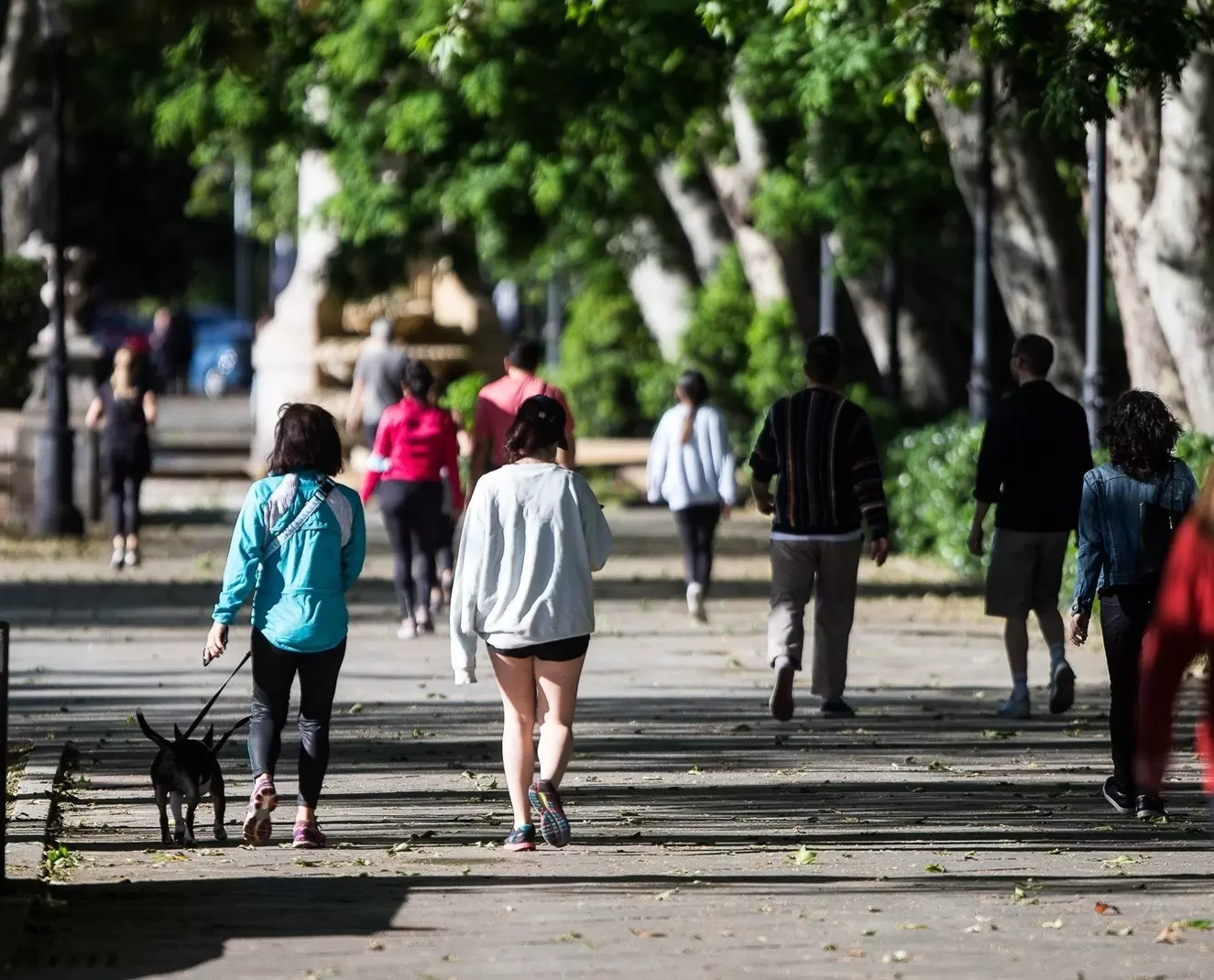Forty years ago, the late Lutheran-turned-Catholic priest Fr. Richard John Neuhaus published “The Naked Public Square,” a pivotal work in which he described the rise of secularism in the United States. For much of the time after this book’s publication, a “naked public square” was legally enforced by courts applying the “Lemon Test,” based on the US Supreme Court’s decision in Lemon v. Kurtzman, 403 U.S. 602 (1971). You can read more about the Lemon Test in Part I of this series.
Intended to provide a framework for implementing the First Amendment directive that “Congress shall make no law respecting an establishment of religion,” the Lemon Test helped silence even modest manifestations of religious faith. While Fr. Neuhaus’ thesis in the “Naked Public Square” concentrated on changes in public discourse and civic values, his metaphor finds dramatic manifestation in the ways the Lemon Test led to the actual ending of public practices (e.g., prayer in public settings) and removal of physical objects (e.g., governmental displays of the 10 Commandments) deemed by courts to be violations of the First Amendment.
The Lemon Test was vague and unworkable, plus — and perhaps most troubling of all — totally foreign to the original public meaning of the Establishment Clause. In place of the Lemon Test, the US Supreme Court has now directed that the determination of whether the Establish Clause has been violated must be based on “historical practices and understandings.” Despite this return to a closer conception of the original meaning of the Establishment Clause, the Lemon Test has cast a long shadow of continued censorship, much of it self-imposed, even after its demise.
With the caveat that the information publicly available in media reports and press releases does not provide a basis to speak conclusively, there have been several instances of late in North Carolina that appear to represent efforts to force an unnecessary retreat.
For example, the Freedom from Religion Foundation (FFRF) is a secular organization that, according to its own website, ascribes to the belief that “most social and moral progress has been brought about by persons free from religion.” It is hardly surprising then that it frequently issues letters alleging that local governments have violated the Establishment Clause by such acts as permitting prayers at public meetings or having religious imagery in government seals. When a municipal government receives a complaint about an alleged Establishment Clause violation, it can easily make the determination that it is better to change its policies or conduct than to press its luck in court, where it will be taxed with a plaintiff’s attorneys’ fees and litigation costs if the plaintiff prevails.
Recently, FFRF has written separately to at least three North Carolina governmental bodies to assert that their actions violate the Establishment Clause: the Robeson County Board of Education (over prayer at meetings), the Monroe City Council (over prayer at meetings and the performance of a religious song at a meeting by a choir from Wingate University), and the Columbus County Board of Education (over prayer at meetings).
It is not clear whether any of these three entities have changed (or will change) their practices, but some governments certainly do as the path of least resistance. Within the last year, local governments in Florida, Missouri, and Texas — to name just a few — have voluntarily removed or prevented prayers in public settings based on the Establishment Clause.
So much for judging whether the Establishment Clause has been violated by referring to “historical practices and understandings.”
When there is also a danger of losing federal funding, the temptation for a local government to simply change course is all the greater. Facing this threat, the Currituck County Senior Center stopped offering prayers before meals, and last year Davie County Senior Services cancelled a trip for senior citizens that included visits to the Creation Museum and a Catholic Basilica.
As Fr. Neuhaus cautioned, this “naked” public square has a flip side: “When recognizable religion is excluded, the vacuum is filed by an ersatz religion [meaning a fake, inferior imitation faith], by religion bootlegged into public space under other names.”
After decades of judicially compelled removal of traditional religious expression, it is not hard to look at American society and identify many examples of this “ersatz religion” being imposed with zeal by each branch of government, including the courts. Failure to recite these new secular dogmas and abide by the “right” articles of faith can result in excommunication from polite society.
If, though, we are to have the civic culture necessary for the maintenance of our constitutional republic, we must defend the presence of traditional religion and oppose its counterfeit substitute in the public square.





